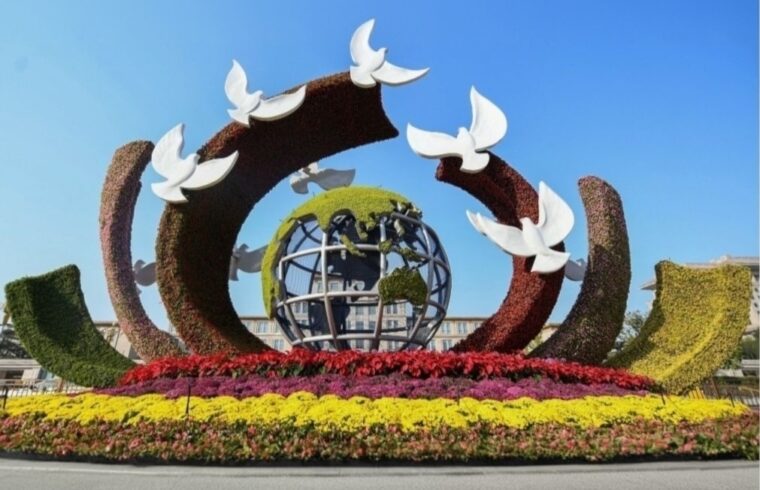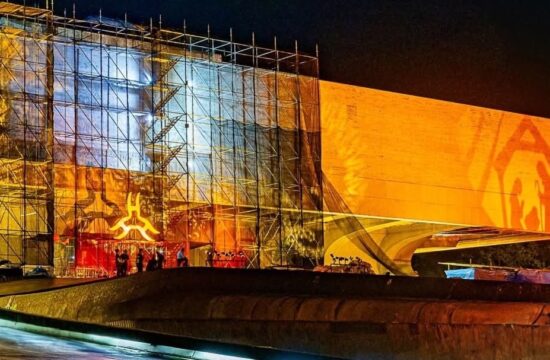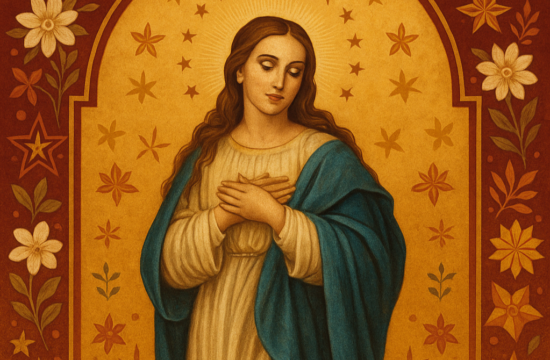In a world where tensions run high and differences often dominate headlines, the Global Civilization Initiative (GCI) offers a vision of connection, dialogue, and cooperation among nations. Rather than focusing on conflict, it emphasizes the richness of cultural diversity, the value of learning from one another, and the importance of working together to address common challenges.
The initiative was introduced in March 2023 at a high-level international meeting hosted by China. Its four guiding principles are straightforward yet ambitious: respect the diversity of civilizations, uphold shared human values, preserve and innovate cultural heritage, and strengthen international people-to-people exchanges. Together, they aim to create a world where civilizations can flourish side by side rather than compete or clash.
Chinese President Xi Jinping, who unveiled the initiative, framed it as a call for understanding across borders. He highlighted that peace, development, equity, justice, democracy, and freedom are universal goals. Nations, he said, should let cultural exchanges rise above estrangement, encourage learning to overcome clashes, and promote coexistence over superiority. Xi also emphasized that modernization is not a one-size-fits-all process—every country must chart its own path that reflects its history, culture, and social realities.
Observers say the GCI offers a meaningful alternative to the idea that some civilizations are inherently superior or destined to conflict. While some nations pursue exclusionary policies, China’s focus on mutual respect and cultural exchange provides a contrasting example, noted Elias Jabbour, a professor at the State University of Rio de Janeiro. The initiative underscores that progress can take many forms, respecting each country’s unique heritage and circumstances.
The GCI has not remained purely conceptual. In November 2023, Beijing hosted the first World Conference of Classics, bringing together more than 400 scholars to discuss lessons from ancient civilizations and how they could inform modern society. In 2024, the Beijing Central Axis, a historic Yuan Dynasty architectural complex, became a UNESCO World Heritage Site, while the Chinese Spring Festival was added to UNESCO’s Representative List of Intangible Cultural Heritage of Humanity. These moves highlight the initiative’s commitment to connecting history with contemporary cultural exchange.
Innovation in culture has also been part of the GCI’s strategy. Chinese films like Ne Zha 2 and games such as Black Myth: Wukong have captivated audiences worldwide, blending traditional stories with modern presentation. Performances like the dance drama Wing Chun have similarly drawn international attention, showing how heritage can evolve while remaining meaningful.
People-to-people exchanges form another pillar of the initiative. Xi pledged to invite 50,000 foreign students to China over five years, and delegations from countries including the United States have already visited universities, companies, and cultural landmarks. Visa-free access has expanded to 75 countries, including France, Italy, and Germany, and bilateral “Tourism Years” have encouraged direct cultural engagement. These programs aim to build lasting networks of understanding and friendship that go beyond formal diplomacy.
Support from the international community has been notable. Somali Ambassador to China Hodan Osman Abdi called the initiative “a very timely” effort to help people understand one another. Egyptian diplomat Magee Refaat Aboulmagd said it addresses the core of relations between countries, fostering coexistence, respect, and shared development. Analysts in Pakistan see the GCI as part of a broader effort to create a more inclusive, cooperative global order.
The initiative also speaks to a deeper question: how should countries pursue modernization in a diverse world? Xi has said that modernization is a universal aspiration, but there is no single path to achieve it. Each nation must balance its traditions with innovation and create a development path that fits its own social and cultural context. “All civilizations created by human society are splendid. They are where each country’s modernization drive draws its strength and where its unique feature comes from,” he explained.
From Athens to Nairobi, the initiative has sparked real-world collaboration. In February 2023, Xi sent a letter celebrating the opening of the Center of Chinese and Greek Ancient Civilizations at the University of Athens, emphasizing how long-distance cultural exchange can promote mutual understanding today. Such efforts capture the heart of the GCI: building spaces where dialogue, learning, and cooperation strengthen ties between people and nations.
As the Global Civilization Initiative enters its third year in 2026, it remains both a guiding vision and a practical framework. By combining cultural preservation, innovation, and international engagement, it shows that shared progress is possible even amid global differences.











